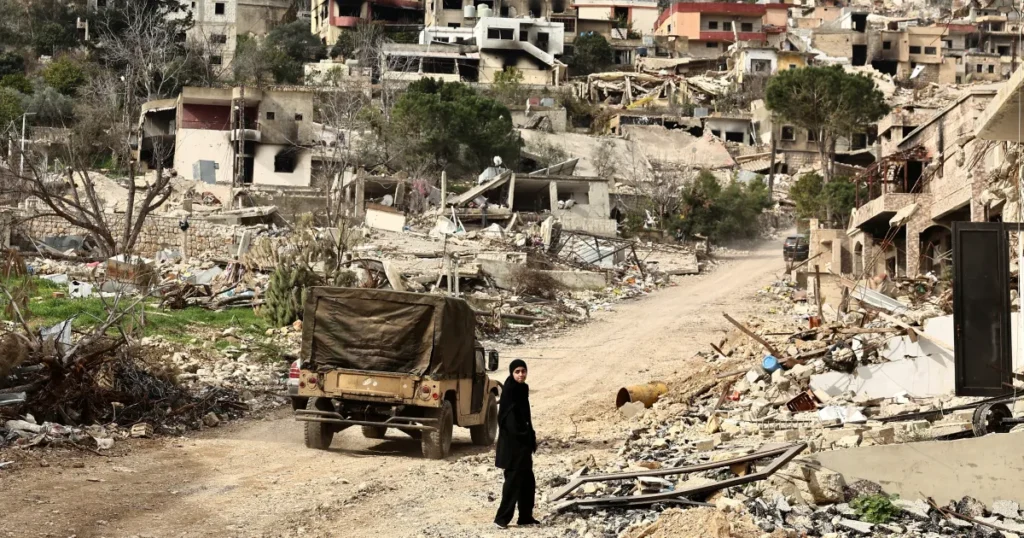
Beirut, May 7: A tense calm in southern Lebanon was broken Wednesday morning when an Israeli drone struck a car in the coastal city of Sidon, killing one. The bombing, which was near the Imam Ali Mosque, has renewed worries about the fragile truce existing between Israel and Hezbollah.
The Lebanese National News Agency said the dawn strike hit the car, which was destroyed in the blast. Emergency responders and security personnel quickly arrived on the scene, sealing off the area as investigators started gathering evidence. The identity of the victim has not been officially released, but security officials have confirmed that only one person was in the vehicle when it was attacked. Up to Wednesday evening, the Israeli military had not made an official statement on the incident. The lack of admission has provided space for speculation, but the strike has the fingerprints of earlier Israeli operations designed to disrupt Hezbollah’s activities in the region.
This attack is the latest violation of the ceasefire deal negotiated on November 27, 2024, which had aimed to bring an end to over a year of rising tensions between Israel and Hezbollah, including a two-month period of direct fighting along the border. The deal’s terms mandated Hezbollah to withdraw its troops beyond the Litani River, a distance of around 30 kilometers from the Israeli border, and to destroy whatever remaining military facilities were south of that line. In exchange, Israel was to completely pull out its army from Lebanese soil. Yet, Israeli troops have continued to deploy in five strategic locations near the border, claiming their strategic nature. This persistence has generated recurrent bitterness and tension among the Lebanese, with the city of Beirut repeatedly calling upon international organizations to use coercive measures to demand Tel Aviv’s compliance.
A top Lebanese security official, in an interview with AFP on condition of anonymity, verified that Hezbollah has for the most part complied with the provisions of the truce. “Militiamen have retreated north of the Litani, and nearly all known military strongpoints in the south have been razed,” the source indicated. “Lebanon has respected its commitment. It is now time for the international community to do the same.”
For Sidon residents, Wednesday’s strike has heightened concerns that the area could again slip into outright war. The city, famous for its busy port and ancient neighborhoods, has been spared direct military battles in recent years. But with unresolved geopolitical tensions, civilians continue to be at risk.
Growing irritation in Lebanon with what is perceived as selective enforcement of ceasefire terms. Beirut officials have appealed to the United Nations and other diplomatic missions to pressure Israel to fully withdraw, warning that more attacks could undermine months of painstaking diplomacy.
In the meantime, Hezbollah has not made any public response to the latest episode, keeping its guarded position consistent with the current diplomatic push not to revive war. Regional commentators, however, caution that continued transgressions, whatever the target, would invite retaliatory action.
The international community, including the UN peacekeeping force in Lebanon (UNIFIL), has not yet issued an official statement on the Sidon attack. But with each new attack, the legitimacy of the truce continues to be brought into question. As Lebanon deals with economic meltdown and political paralysis, any heightened violence has the potential to entrench the instability of the nation. Meanwhile, the people of Sidon and southern Lebanon hold their breaths, trapped once more between diplomacy and the likelihood of resumed warfare.
For more news, visit questiqa.com

